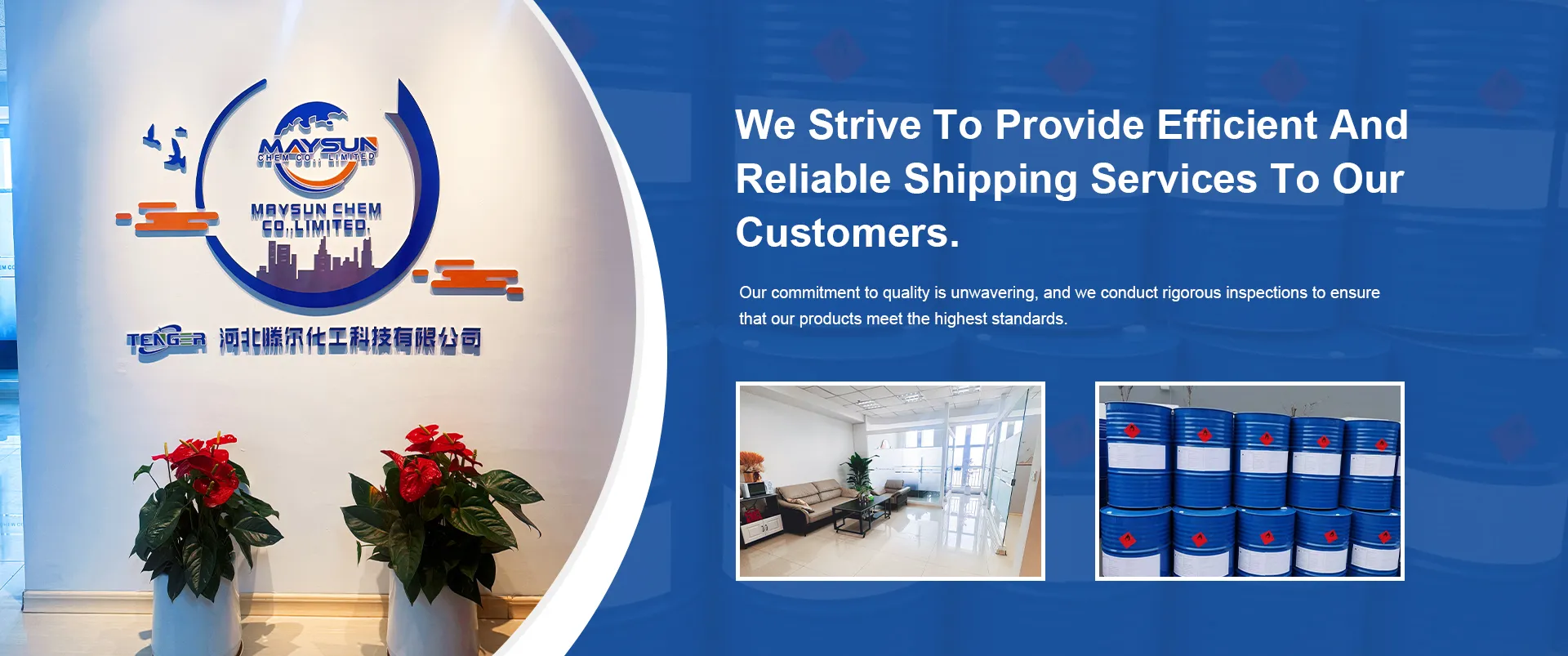At its core, a pressure reducing valve works by controlling the pressure of a fluid flow. When fluid enters the valve, it typically enters at a higher pressure. The PRV uses a mechanical or electronic mechanism to reduce this pressure to a pre-set level before allowing the fluid to flow downstream. Most PRVs incorporate a spring-loaded diaphragm mechanism, where the spring tension can be adjusted to set the desired outlet pressure.







